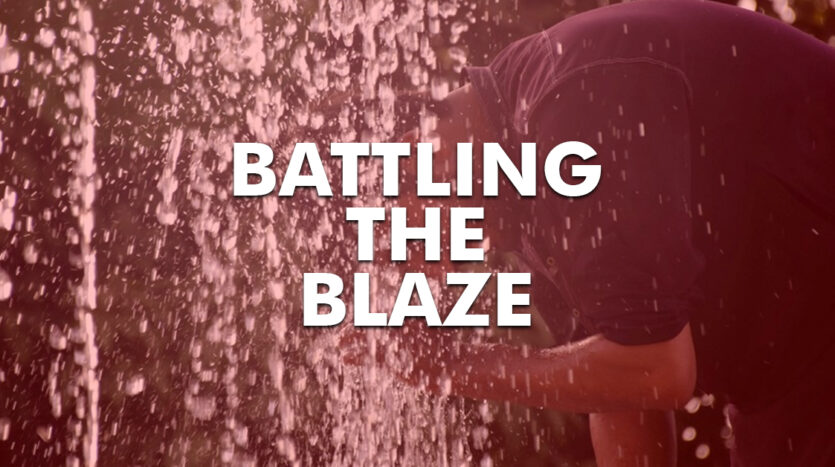Battling the Blaze
Tackling Pakistan’s Heatwaves and Building Climate-Resilient Homes.
Pakistan, like many parts of the world, is facing the brunt of rising global temperatures. The recent heatwave, with temperatures exceeding 50°C (122°F), serves as a stark reminder of the urgency to adapt and build resilience. Here at Sultan’s Website (Real Estate Pakistan), we don’t just connect people with homes, we believe in fostering communities equipped to handle environmental challenges. This blog post delves into the current heatwave gripping Pakistan, explores ways to combat it, and emphasizes the importance of building climate-resilient homes.
Understanding the Heatwave:
The current heatwave in Pakistan is attributed to a combination of factors:
- Climate Change: Rising global temperatures are leading to more frequent and intense heatwaves.
- Reduced Monsoon Activity: Delayed or deficient monsoon rains can exacerbate dry conditions and contribute to higher temperatures.
- Urbanization: Urban heat island effect, where cities trap heat due to dark surfaces and reduced vegetation, further intensifies temperatures.
Impact of the Heatwave:
The heatwave poses a significant threat to human health and well-being. Potential consequences include:
- Heatstroke and Dehydration: Extreme temperatures can lead to dehydration and heatstroke, particularly for vulnerable populations such as children, the elderly, and outdoor workers.
- Energy Shortages: Increased demand for electricity for cooling can overwhelm power grids, leading to outages and disruptions.
- Agricultural Damage: Heatwaves can damage crops and livestock, impacting food security.
Combating the Heatwave:
While we may not be able to entirely control the weather, there are steps we can take to mitigate the effects of the heatwave:
- Individual Actions: Staying hydrated, wearing loose-fitting clothing, minimizing outdoor exposure during peak heat hours, and using air conditioning wisely are crucial.
- Community Initiatives: Planting trees, creating green spaces, and promoting water conservation efforts can make a collective impact in reducing urban heat islands.
- Long-Term Strategies: Investing in renewable energy sources, improving energy efficiency in buildings, and developing early warning systems for heatwaves are crucial steps towards long-term resilience.
Building Climate-Resilient Homes:
As we build our future, incorporating climate resilience into our homes becomes essential. Here’s how:
- Smart Design: Architects and builders should prioritize designs promoting natural ventilation and airflow. This could involve strategically placed windows, high ceilings, and open floor plans.
- Energy-Efficient Materials: Opting for materials with high thermal insulation properties, such as double-glazed windows or well-insulated walls and roofs, can significantly reduce heat gain within the home.
- Sustainable Cooling Systems: Utilizing energy-efficient appliances, exploring alternative cooling options like solar-powered ventilation systems, and rainwater harvesting for landscaping can contribute to a more sustainable living environment.
- Rooftop Greenery: Green roofs not only improve aesthetics but also provide insulation, reducing indoor temperatures and contributing to a cooler microclimate.
Sultan’s Website: Advocating for Sustainable Development
At Sultan’s Website, we understand the importance of building a sustainable future for Pakistan. We believe in connecting our readers with properties and communities that prioritize environmental responsibility. When searching for your next home on Sultan’s Website, consider factors like the property’s energy efficiency and proximity to green spaces. Additionally, we encourage collaboration between real estate developers, architects, and sustainability experts to build homes that can withstand the challenges of a changing climate.
Conclusion:
The current heatwave in Pakistan serves as a wake-up call. We need to adapt and build resilience on both individual and community levels. By prioritizing climate-resilient homes and promoting sustainable practices, we can create a future where our living spaces offer comfort and security even in the face of extreme weather events. Sultan’s Website remains committed to connecting you with the resources and information you need to build a sustainable future for yourself and your family.

